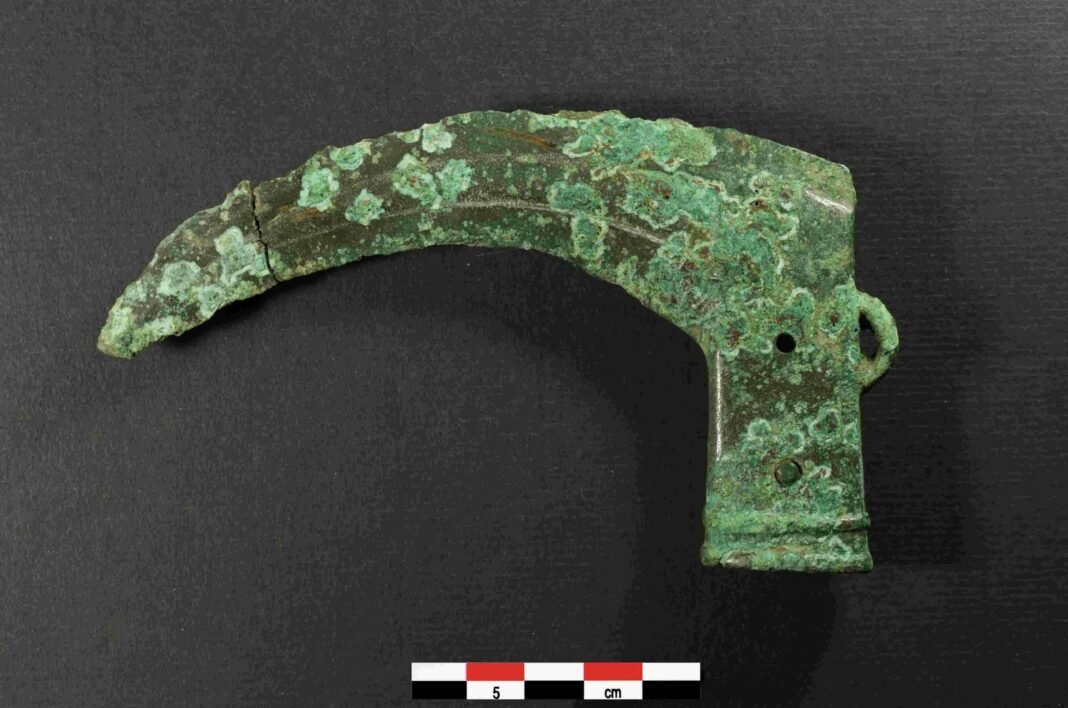
The Greek Ministry of Migration and Asylum submitted a bill to Parliament on Friday introducing amendments to the institutional framework governing illegal migration and updating Greek law in accordance with the new European Return Regulation.
Specifically, the proposed bill sets out rules and procedures for returning third-country nationals residing illegally in Greece.
Key points of the Greek migration bill
The main provisions of the submitted bill are as follows:
Updated definitions based on new regulation
Notably, the concept of “return country” is expanded to cover the country of habitual residence, the safe third country, and the first asylum country where the international protection request was rejected as inadmissible.
Additionally, the bill introduces new definitions for “risk of absconding,” with criteria such as lack of a fixed residence or known address, abandonment or change of residence without prior notice to authorities, and refusal to undergo biometric or other identification procedures.
Voluntary departure
Deadlines for voluntary departure are shortened from 25 to 14 days and extensions for exceptional reasons reduced from 120 to 60 days. Electronic monitoring is introduced as a restrictive measure during the voluntary departure period.
Entry ban
The bill tightens the entry ban framework in accordance with the regulation, making it mandatory to impose entry bans on third-country nationals who pose risks to public order and safety, national security, or public health. The duration of the entry ban is extended from five to ten years, with the possibility of an additional five-year extension.
Illegal stays after administrative procedures now carry criminal penalties, including at least three years’ imprisonment and a fine of €10,000 (approximately $11,000), with no option for sentence conversion or suspension.
However, sentence execution may be suspended if the convicted individual agrees to voluntary deportation, with the suspension taking effect upon their departure. In essence, those residing illegally face either imprisonment or return.

Detention provisions outlined in latest Greek migration bill
The bill broadens the grounds for detention to include security concerns and removes the possibility of suspending detention upon filing an objection. The maximum detention period, including any extensions, is increased from 18 to 24 months, with mandatory reviews scheduled every six months to assess the necessity of continued detention.
Penalties for illegal re-entry are significantly increased. Fines rise from €3,000-10,000 (approximately $3,300–$11,000) to €10,000–30,000 (around $11,000–$33,000 USD). Prison sentences for illegal entry are also extended, starting at a minimum of two years—up from three months—and reaching at least three years in aggravated cases, compared to the previous minimum of six months.
Corresponding fines increase as well, from €1,500 to €5,000 (about $1,650 to $5,500 USD), and from €3,000 to €10,000 (around $3,300 to $11,000 USD) for aggravated offenses.
Additionally, the bill restricts the right to submit subsequent asylum applications and abolishes the provision granting residence permits to individuals who have lived illegally in Greece for seven years. Overall, this legislative package aligns Greek migration policy with evolving European standards and aims to enhance border management and enforcement against illegal residence and entry.


